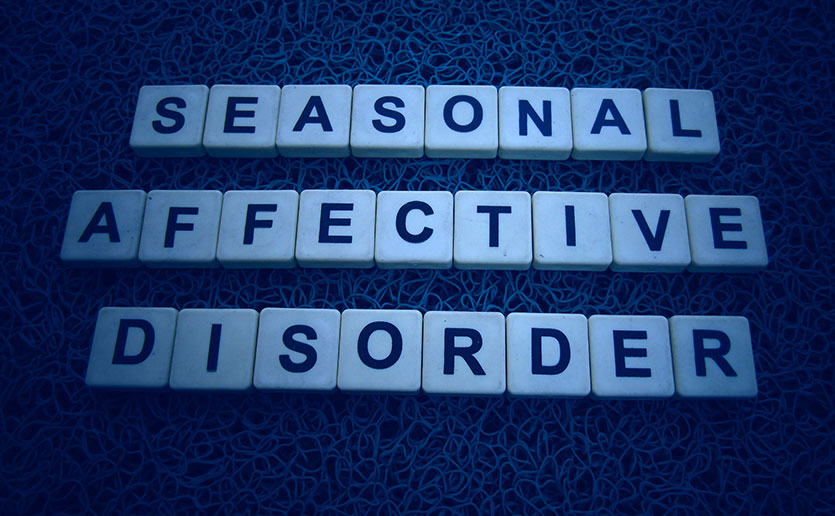Key Takeaways
Seasonal Affective Disorder (SAD), sometimes referred to as the “winter blues,” tends to occur during the winter when there’s less sunlight. With recommendations to stay at home this winter to help stop the spread of COVID-19, David Mischoulon, MD, PhD, psychiatrist at Massachusetts General Hospital and director, Depression Clinical and Research Program, offers insights on SAD and how to stay well at home.
People with SAD may be especially prone to carbohydrate cravings and a tendency to need more sleep.
What is Seasonal Affective Disorder?
Seasonal Affective Disorder is a subtype of major depressive disorder, that predictably occurs during certain times of the year — namely fall and winter — when there’s less sunlight and tends to clear up in the spring. A small number of people may experience the opposite. There’s a correlation between SAD and latitude in North America, for instance, 10% of the population in New Hampshire experience SAD whereas the figure in Florida is closer to only 1-2%. That correlation is less clear in other parts of the world.
How does SAD affect people?
The symptoms of SAD are similar to depression, but with a more direct correlation to daylight and time of year. They include depressed mood most of the day or every day, loss of interest and pleasure, changes in sleep and inability to concentrate. People with SAD may be especially prone to carbohydrate cravings (and associated weight gain) and a tendency to need more sleep.

Are the “winter blues” just part of living in a cold climate?
There’s more information now about SAD and people are better educated, but some may still not realize that it is a clinical diagnosis and a treatable condition.
We’re continuing to do research on SAD as well, though the seasonality of it constrains when we can conduct that research. The more we learn about it, the better we’ll be able to support and treat people experiencing it in the future.
How can people combat SAD at home this winter?
The best studied treatments right now are therapy lamps — about 50% of people respond to this treatment which is aligned with the rate of benefit of antidepressant medicine. While it’s ideal to get sunlight via the sun, that can be hard with the cold temperatures and cloudy days in the northeast. These lamps provide a helpful alternative that people can use while safe and warm in their homes.
The lamps should be a certain strength, typically 10,000 lux, and it’s recommended to use them daily, for between 30 minutes and two hours. I recommend two sessions, one in the morning and one in the evening, and incorporate them into another activity, for instance, have it on while you’re working at your desk in the morning and then while you’re reading in the evening.

How can people who feel isolated because of COVID-19 help themselves and their families during winter?
Try to stay virtually connected with friends and family. I’ve taken this opportunity to reconnect with old friends virtually and have greatly benefited from it. I’d encourage others to do the same, and if you can do so on a regular basis, even better.
Taking up an activity or learning a new skill will also help keep the mind engaged, limber and focused on a task versus the restrictions and challenges we’re experiencing because of the pandemic. To learn more, people can visit the Mass General SAD or the Mental Health America SAD webpages.
To learn more about how you can support the Mass General Department of Psychiatry, please contact us.
This story first appeared on the Mass General Psychiatry website.




